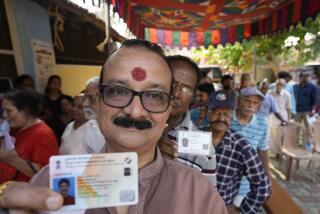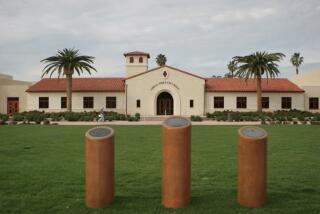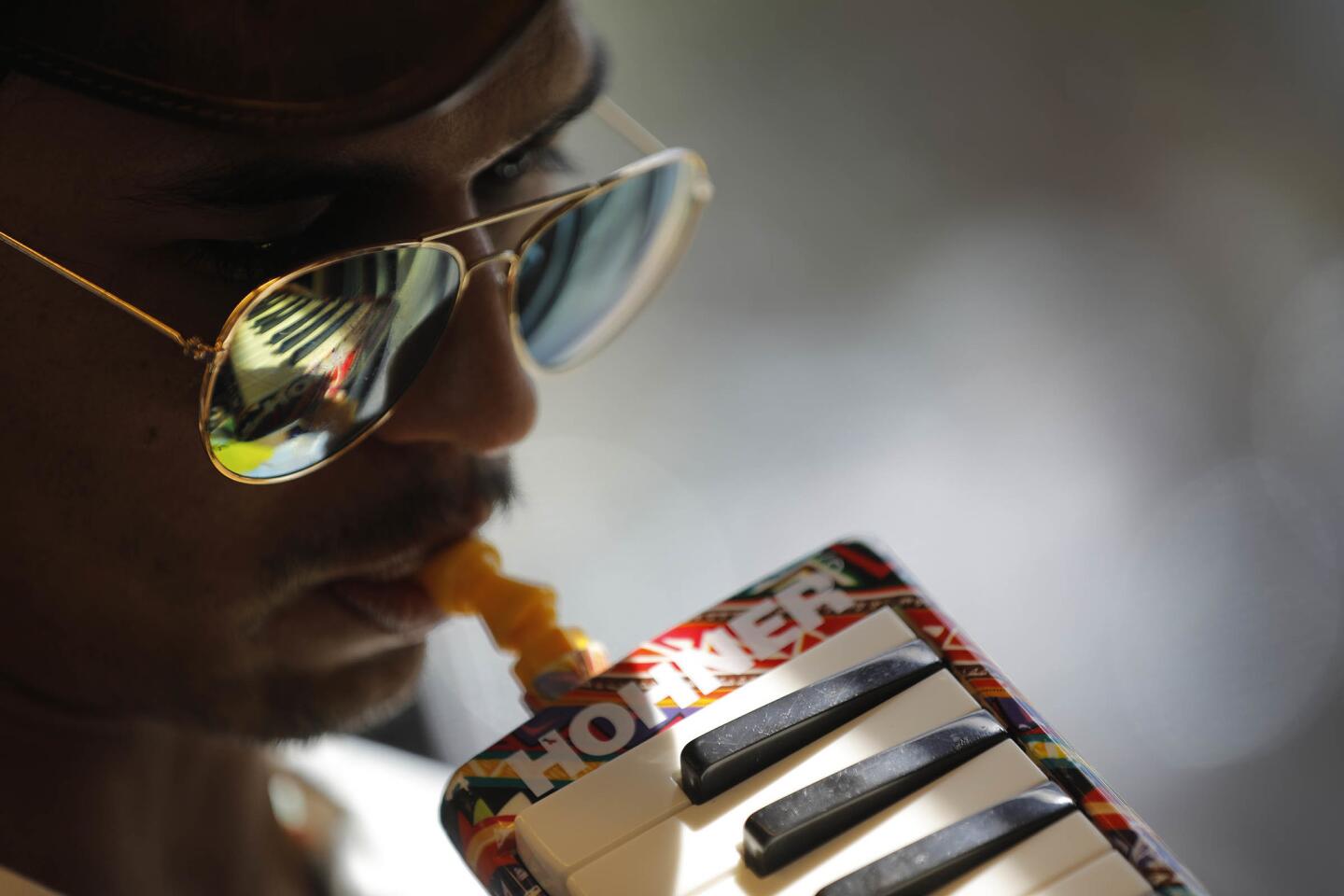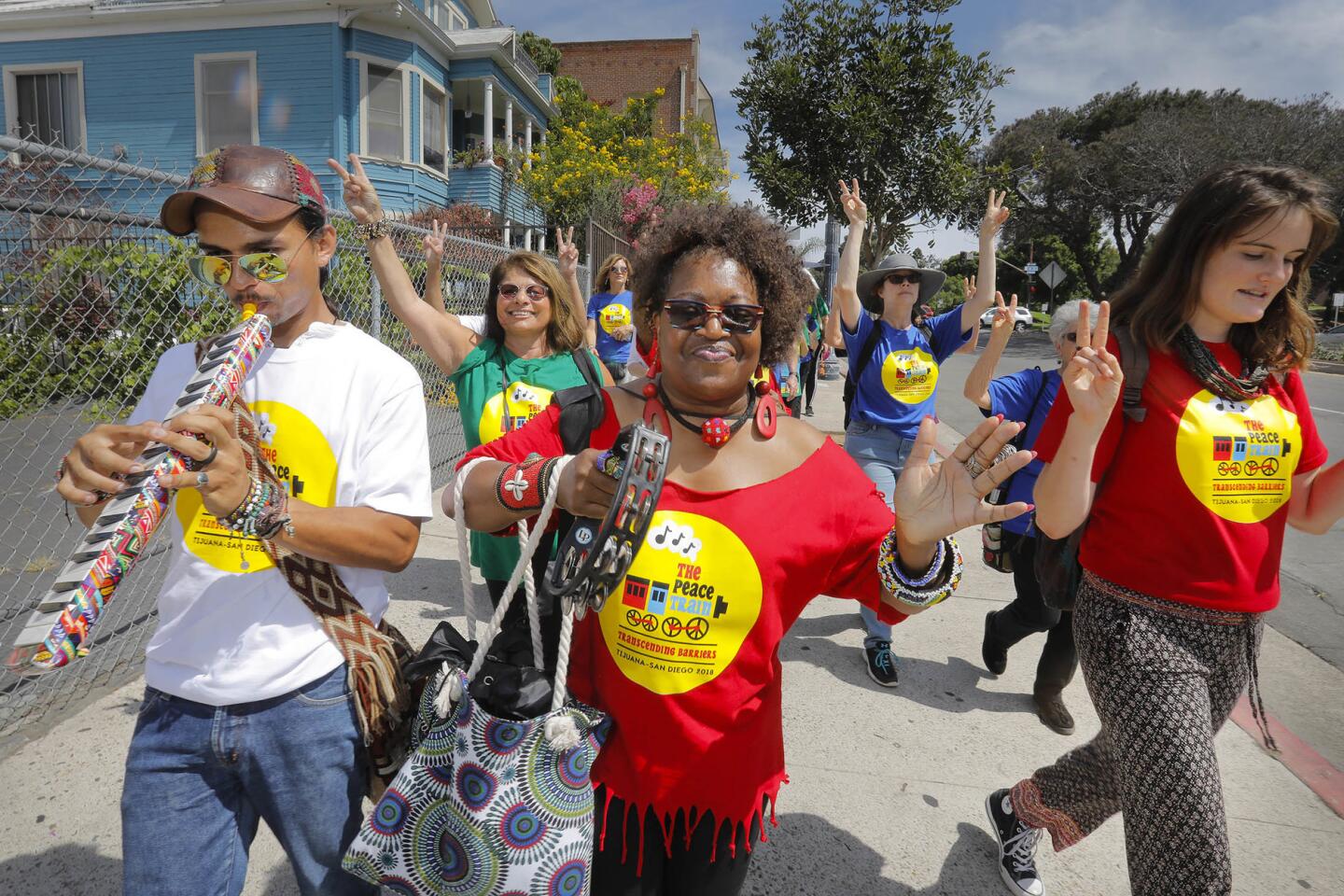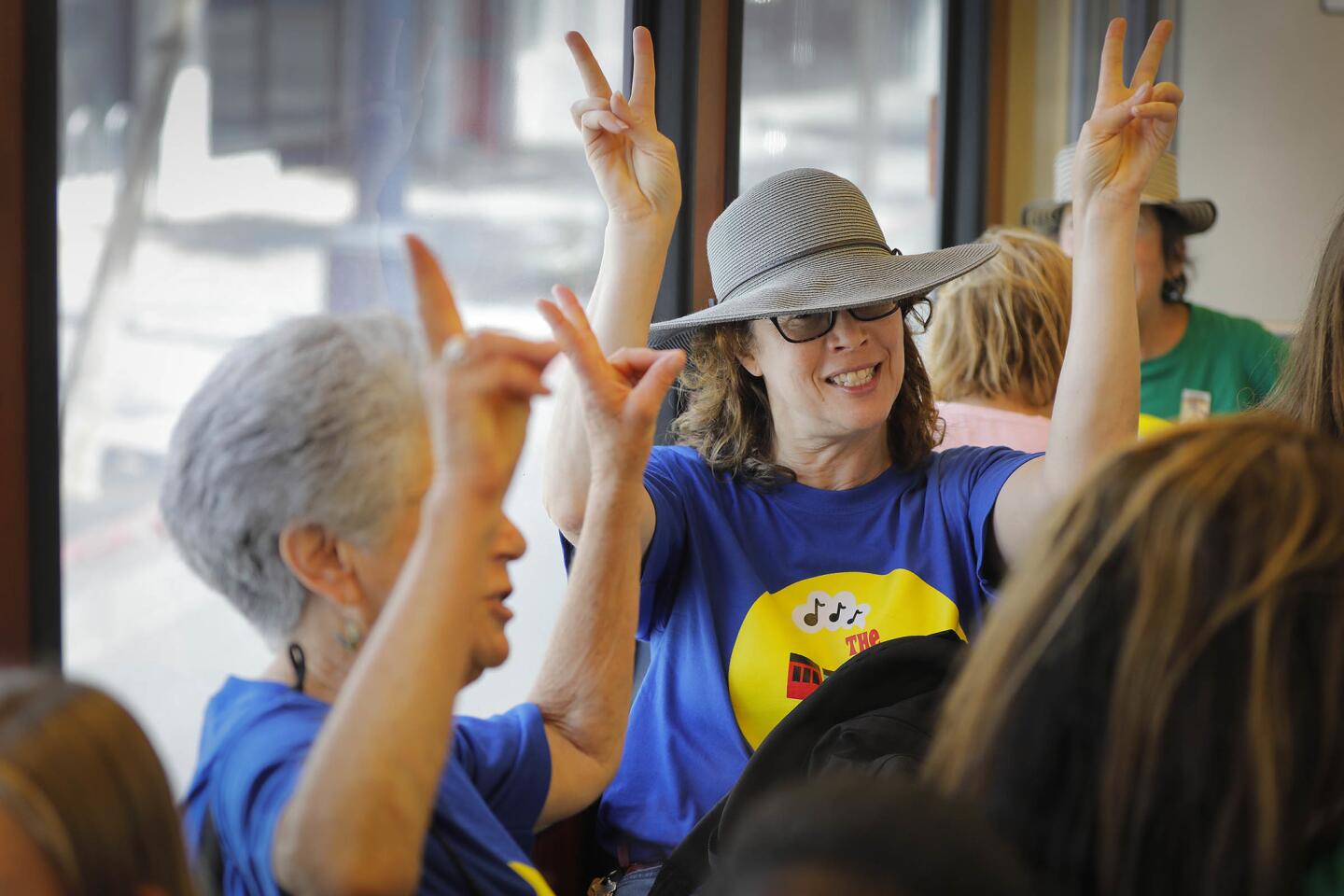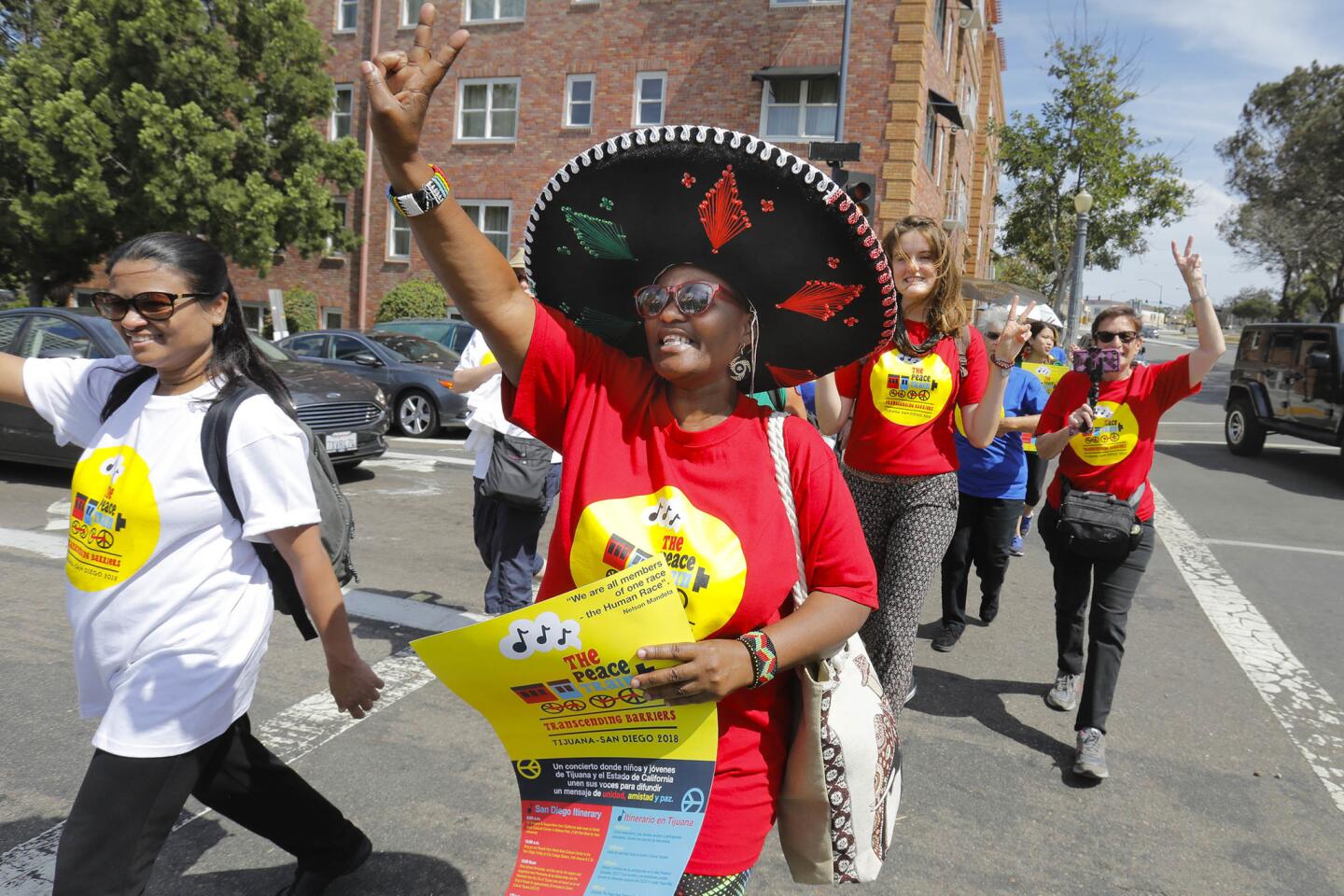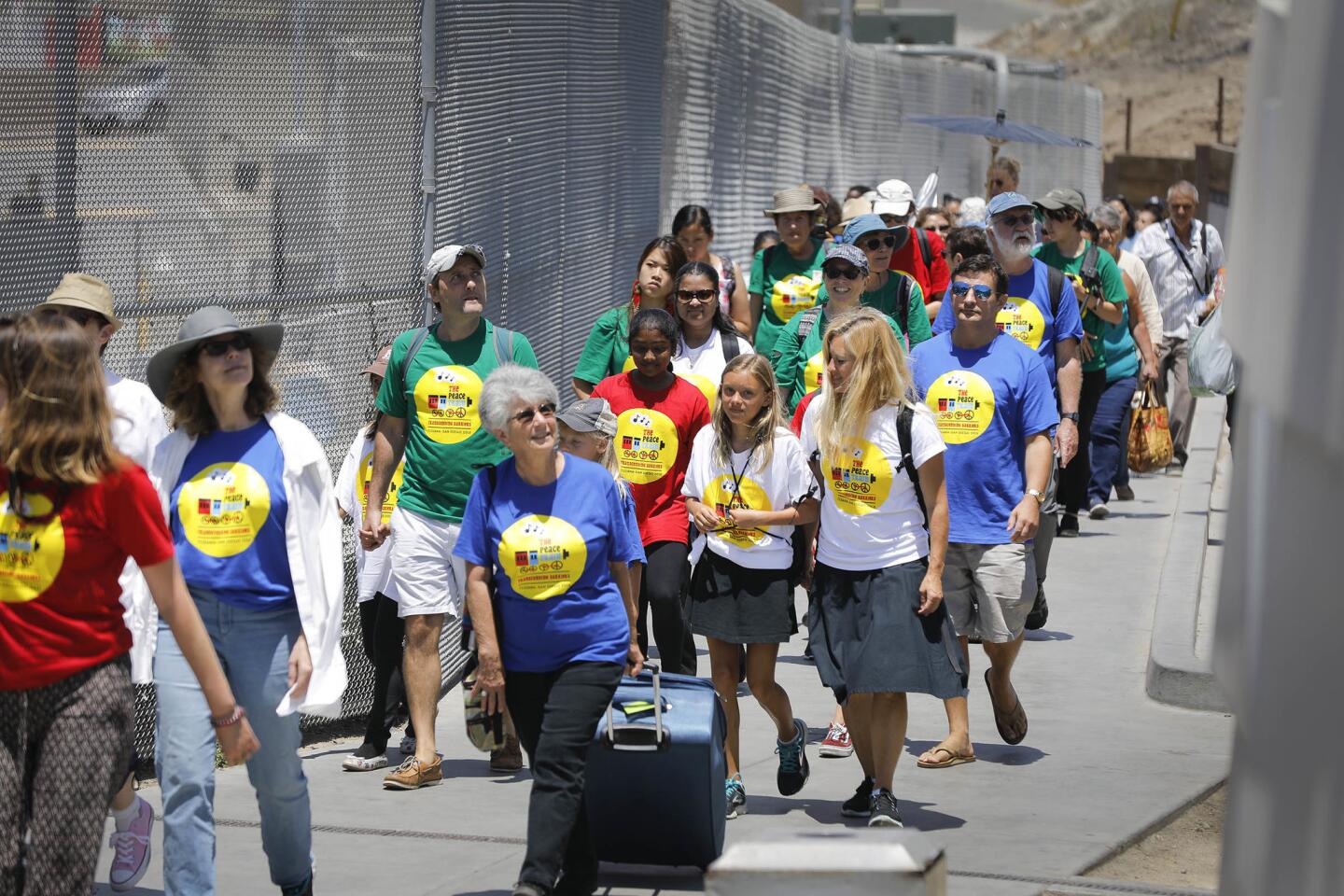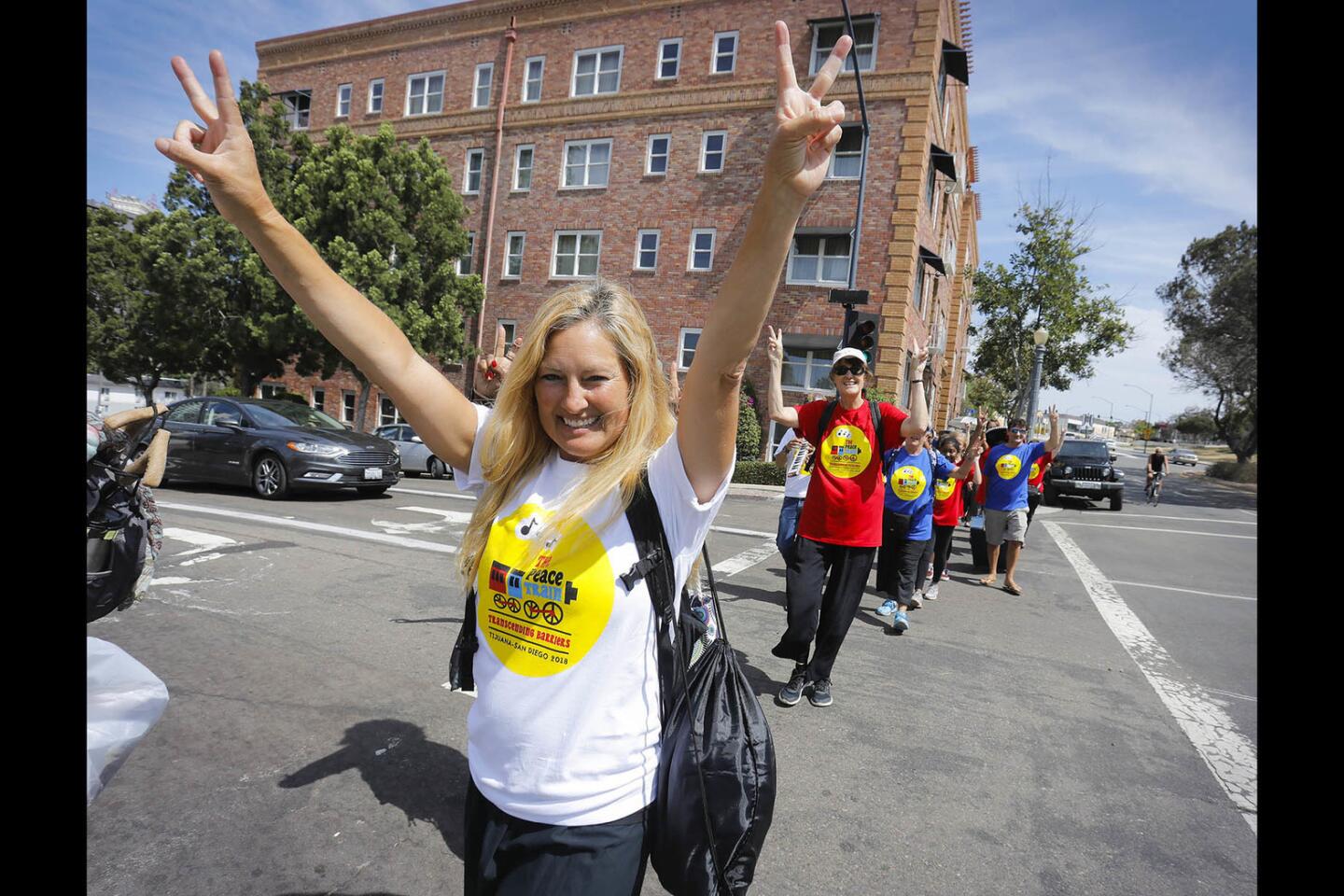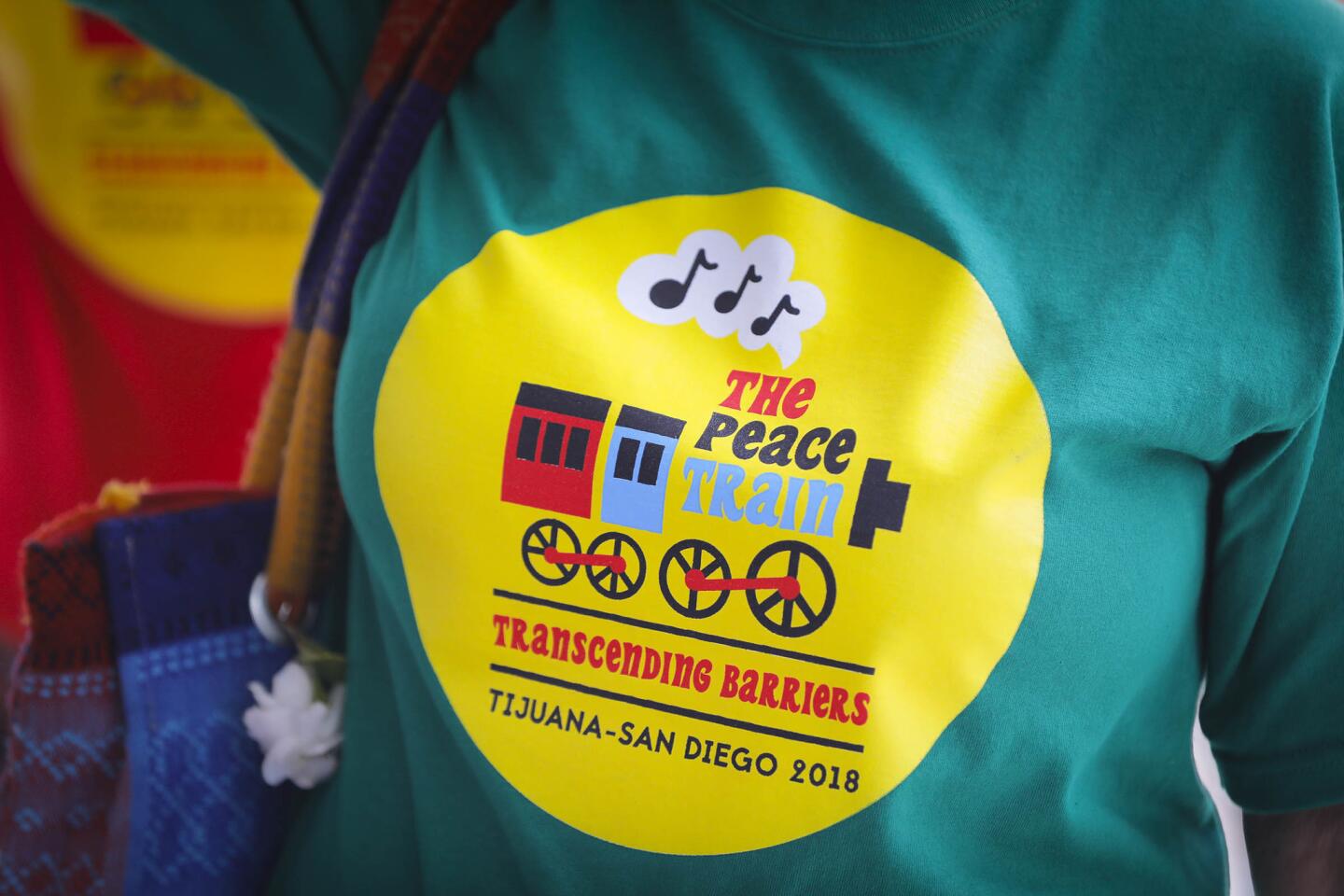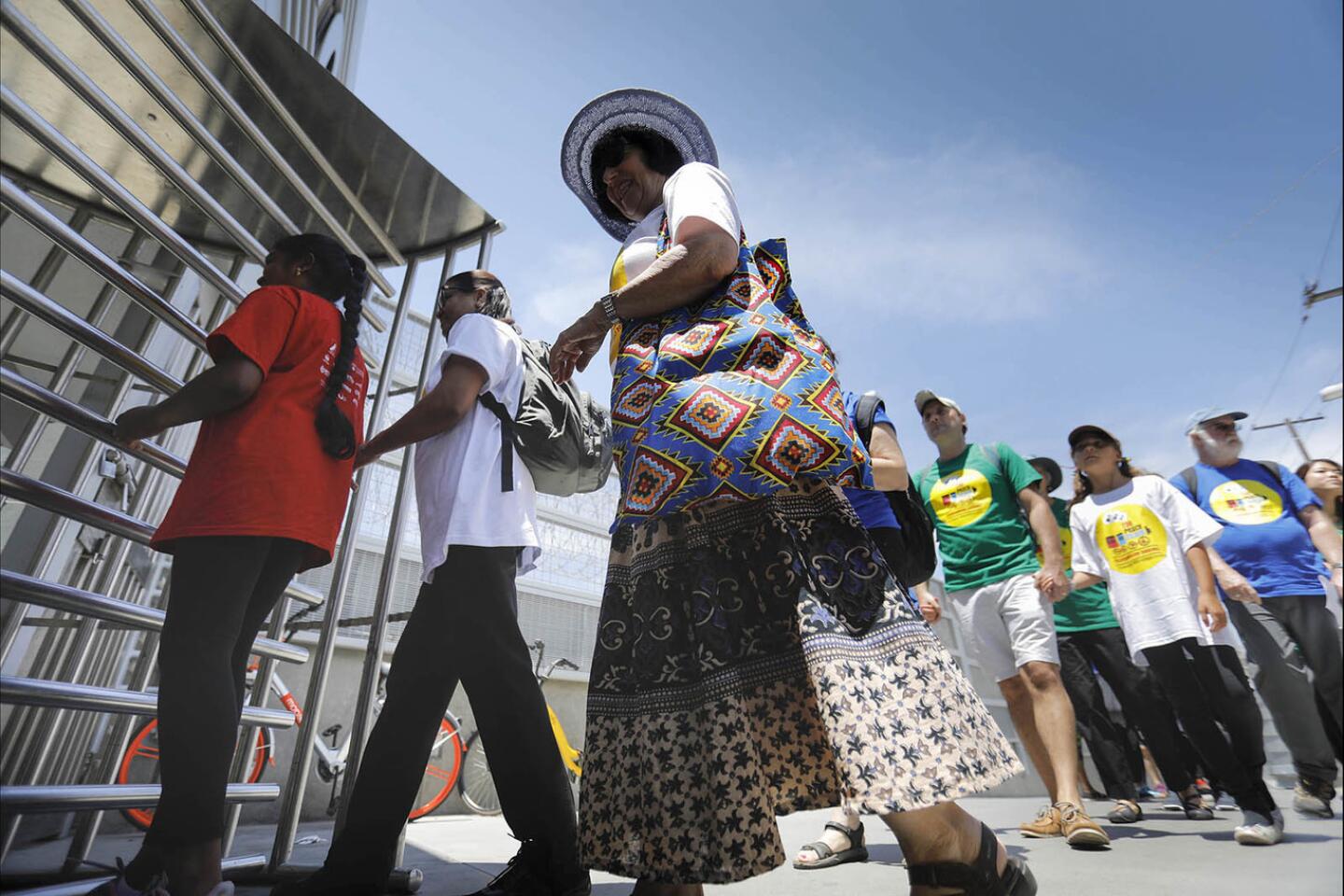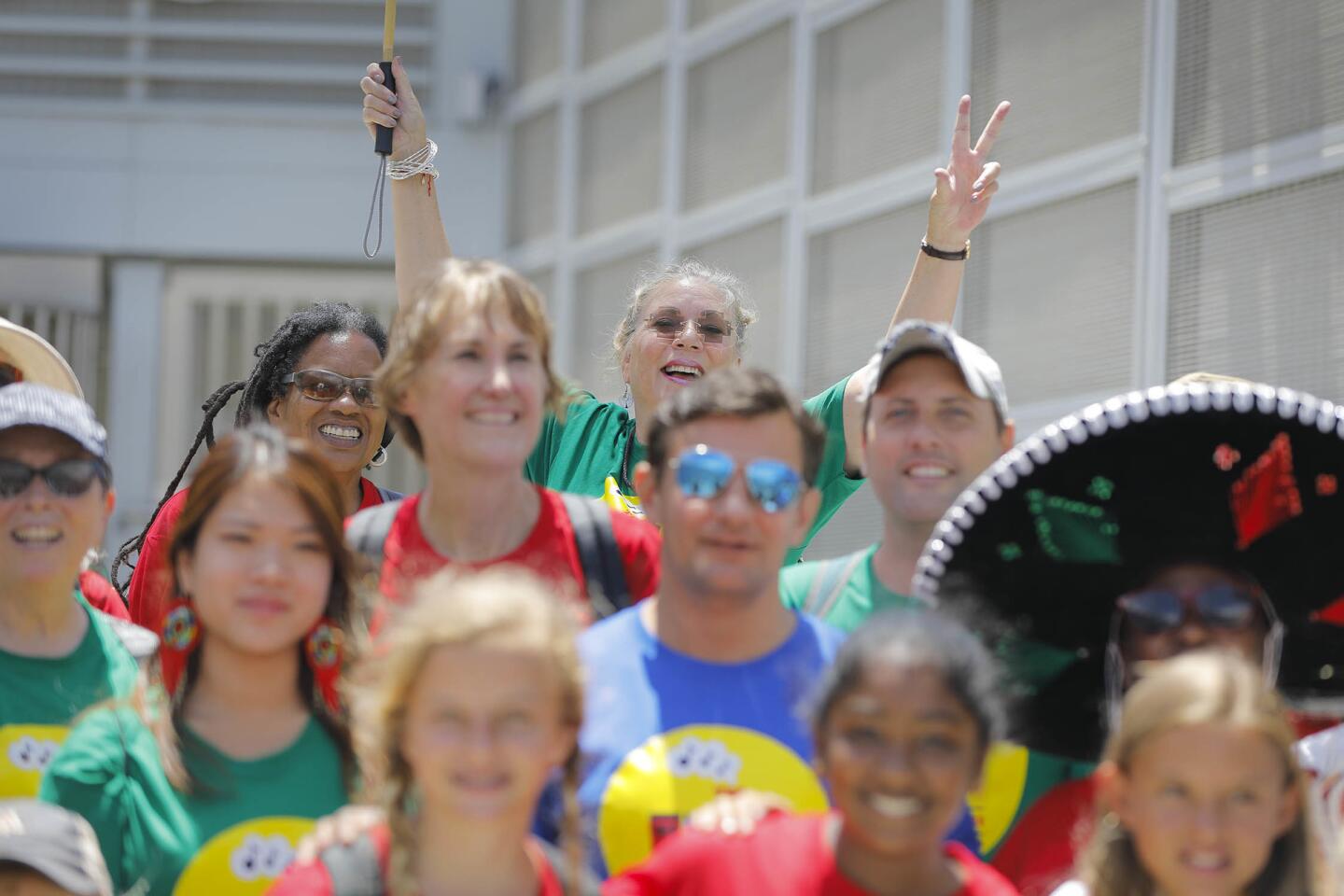South African ‘Peace Train’ brings music to San Diego and Tijuana
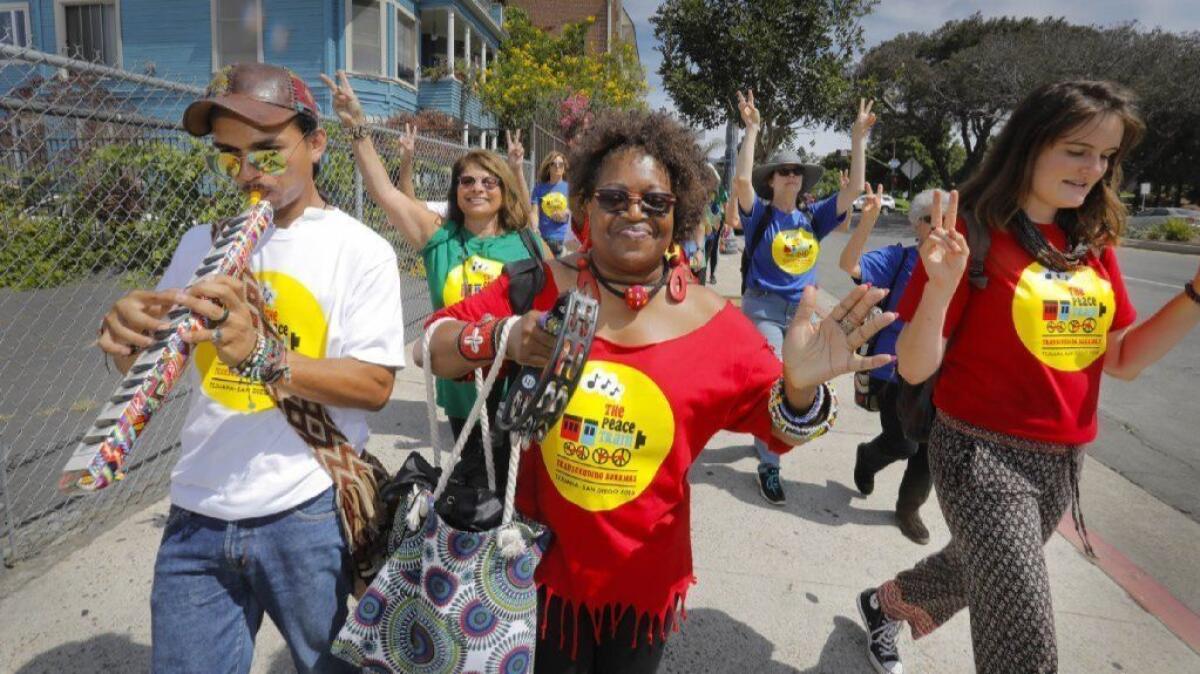
Former South African President Nelson Mandela didn’t live to see his 100th birthday earlier this week, but his message of cultural and racial reconciliation was alive Saturday morning in San Diego, riding the rails south on a “Peace Train” bound for Tijuana.
Founded in South Africa in 1992 by Sharon Katz and Nonhlanhla, the Peace Train is a multicultural, multiracial, multilingual choir bent on unifying people separated by borders with something every known culture is said to have in common: music.
The Peace Train was in San Diego for its Transcending Barriers Project, a live music event Saturday evening in Tijuana with Promotora de la Bellas Artes, a Mexican children’s choir.
After choir practice Saturday morning at the WorldBeat Center in Balboa Park, about 35 people from San Diego County, South Africa and elsewhere took their songs of unity to the streets. They sang as they made their way down Park Avenue to catch a trolley to the border at San Ysidro before crossing on foot.
Planning for the project started about 18 months ago, before immigration policy in the United States exploded into controversy over policies that separated migrant families caught crossing the border illegally, Katz said.
“What they’re doing with deportation, I’m very familiar with that,” Katz said. “They can’t come to us; we have to go to them.”
Katz, who is white, said enforced, race-based barriers between communities was part of her everyday life growing up in Port Elizabeth during apartheid, a system of institutionalized segregation and discrimination that began in 1948 and lasted more than four decades.
During apartheid, people of color needed a pass, similar to a visa, to go into white-only neighborhoods and townships. Such passes were difficult to obtain, and getting caught in a white neighborhood without one typically resulted in arrest and deportation to an all-black area.
In today’s divisive political climate, Katz continued, the Peace Train is carrying precious cargo: a message of inclusiveness from people born on the privileged side of artificially-imposed, racial barriers throughout the world.
On the trolley ride to the border, 12-year-old Lola Newlander of Del Mar said that she was excited about going to Mexico — it was the trouble she might have getting back into her own country that weighed more heavily on her mind.
Even as a United States citizen with proof of citizenship and her father, also an American citizen, at her side, she still felt a little insecure.
“With everything political going on and what you see with children getting separated from their families, it’s nerve-wracking,” Lola said.
Another Del Mar resident, Naomika Raveendran, 11, said that the news of migrant families being separated made her sad and motivated to help.
“I always kind of wanted to do something about it, but I didn’t know how,” she said. “This gives me a way to do something besides sit around and feel sorry for them.”
After the event, their message of unity delivered in song, the Peace Train had arranged for charter buses to carry them back across the border to San Diego.
Watchdog Videos

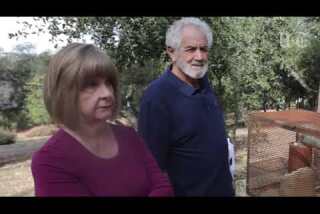
Public water district charges customer for legal work, response to records request
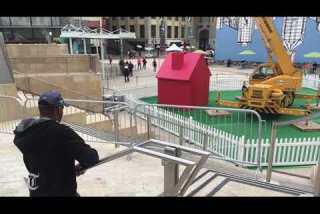
Video: Tiny homes won't be reused amid housing, homeless crisis

Attorney General seeks documentation for Miss Middle East
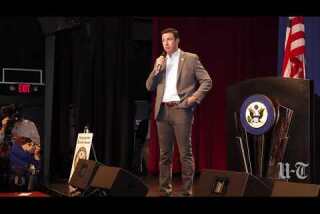
Rep. Hunter probe covers possible fraud
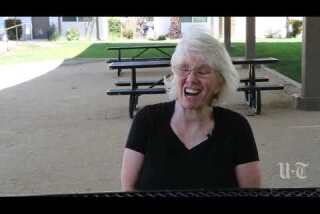
Video: SDG&E delaying solar credit for some low-income housing tenants
morgan.cook@sduniontribune.com

